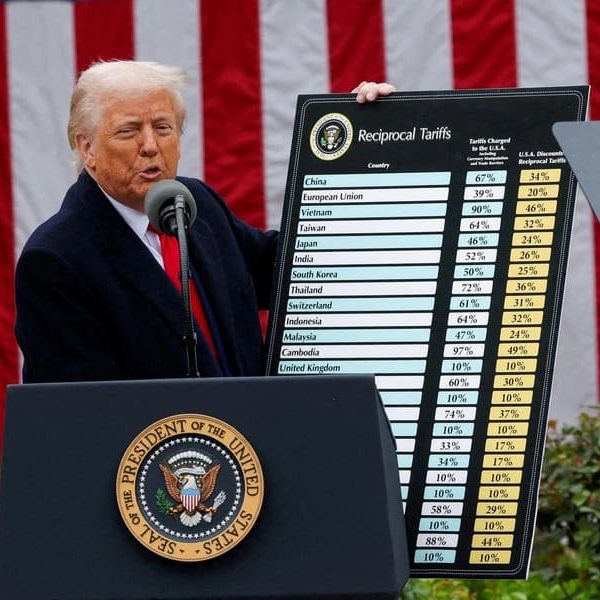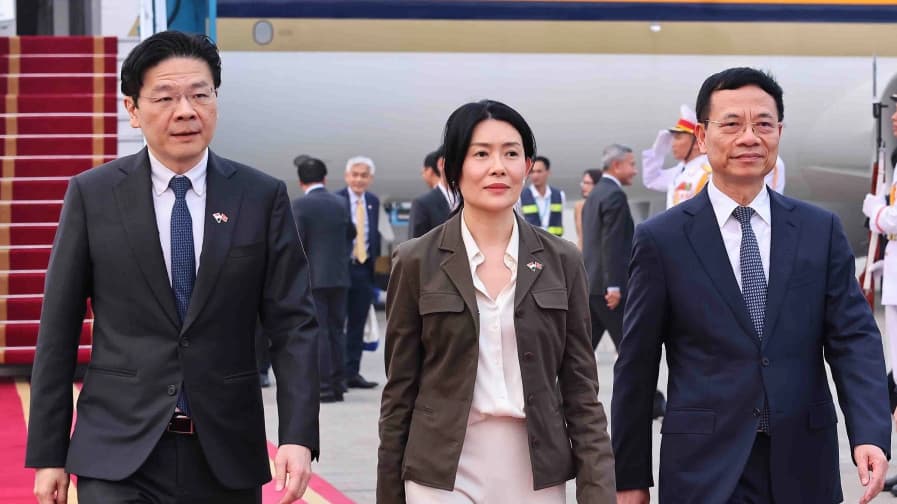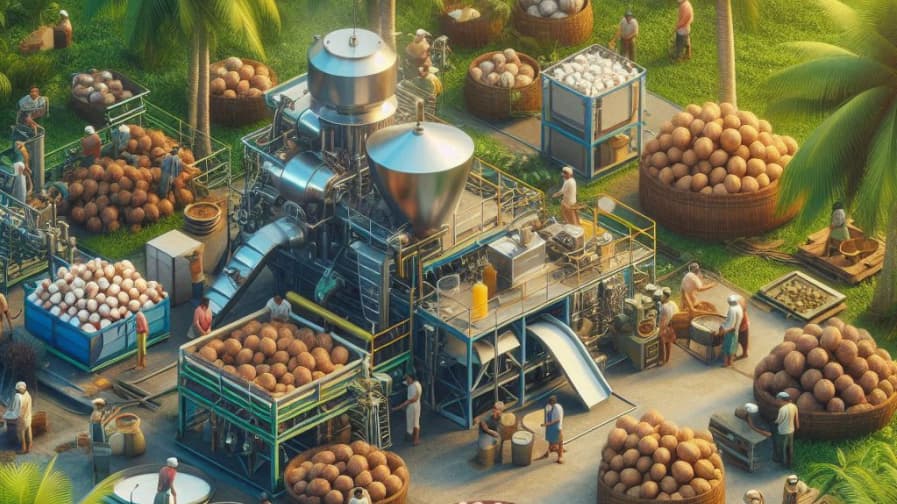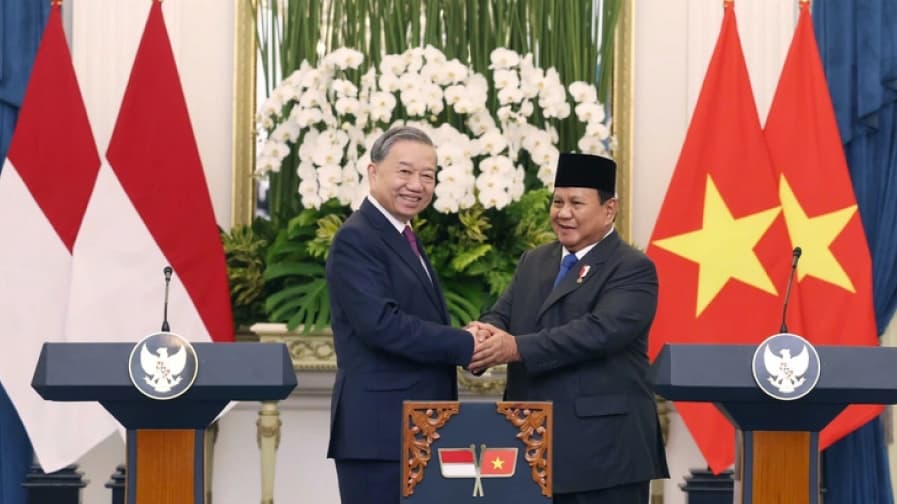A Sudden Breakthrough Before Tariff Deadline
Just days before a planned US tariff announcement, a new Vietnam–US trade framework was revealed, reshaping the bilateral economic landscape. The agreement comes amid shifting global alliances and growing scrutiny of Chinese goods flowing through Southeast Asia.
What’s in the Deal?
The US will impose a 20% tariff on most Vietnamese goods and a 40% tariff on items flagged as transshipped from China. In return, Vietnam will open its market at 0% tariff for selected US exports, including high-value goods like agricultural products and large-engine cars.
High-Stakes Diplomacy
This agreement followed a direct phone call between Vietnamese Party General Secretary Tô Lâm and US President Donald Trump. Observers see it as a calculated compromise: the US tightens control on Chinese trade routes, while Vietnam protects its export-driven economy.
Risks and Responsibilities for Vietnam
The deal pressures Vietnam to:
- Strengthen rules of origin and supply chain transparency
- Support businesses in traceability and compliance
- Defend its top export market amid geopolitical volatility
Vietnamese exporters—especially in textiles, electronics, and footwear—must adapt or risk margin erosion.
Strategic Implications
Vietnam is emerging not just as a manufacturing hub but a negotiation power in global trade realignment. While it concedes market access, it also gains credibility and stability in an increasingly polarized trade world.






